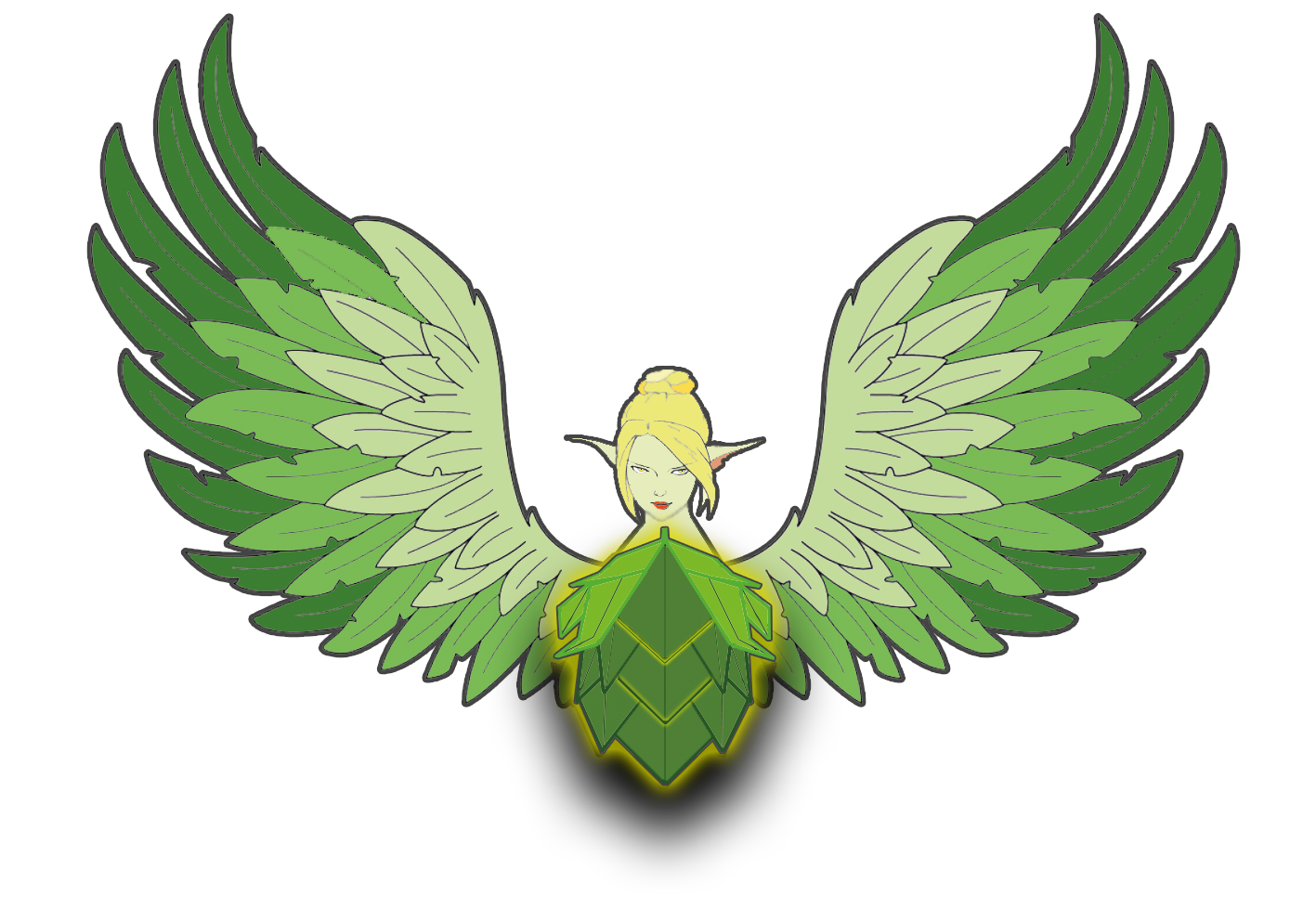Types of Glasses
There are several types of beerglasses.
Each glass has it’s own benefits which will let you have the best experience of your beer.
Here are a few beer glasses, and their purported benefits.
Tulip

Shape: Bulb that tapers in before flaring out at the top.
Purported Benefits: concentration of aroma, support of the foamy head at the top, and comfortable drinking afforded by flared rim.
Chalice

Shape: A round bowl on a stem.
Purported Benefits: Beautiful presentation, foam support, wide mouth for easy drinkin’ (in big sips.)
Pilsner

Shape: Tall, footed, slender, tapered out from the bottom.
Purported Benefits: Displays the beer’s clarity, while tapered shape supports head.
Weizen

Shape: Tall, large, slender at bottom, bowled out a bit at the top.
Purported Benefits: Large size accommodates a massive, frothy head associated with highly-carbonated German wheat beers. Slender bottom shows off these beers’ famous hazy color and protects its lively carbonation.
Nonick Imperial Pint

Shape: Large, slightly tapered out with bulge near top.
Purported benefits:Designed for the no-nonsense drinker. The bulge facilitates stacking and prevents rim chipping.
Shaker Pint

Shape: Slight taper outward from bottom.
Purported benefits: Cheap and easily stackable. Sturdy ones can be used for stirring and shaking cocktails.
Snifter

Shape: Stemmed, wide-bowled, tapered in at top.
Purported benefits: Designed for maximum concentration of volatile organic compounds—that is, aroma.
Tumbler

Shape: Short and squat with thick glass and a slight outward taper.
Purported Benefits: Tradition generally drives the use of this glass, which is usually reserved for Belgian witbier and lambic.
